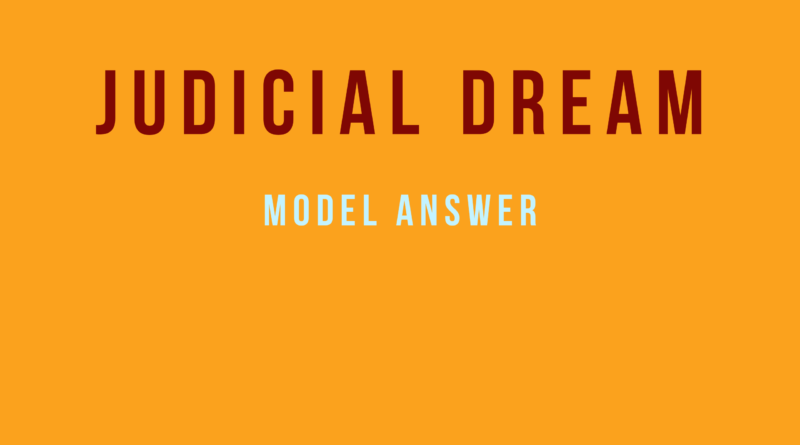UNITARY GOVERNMENT
Write a note on unitary form of government.
A unitary form of government is a sovereign state governed as a single entity. The central government is supreme and the administrative divisions exercise only powers that the central government has delegated to them. In a Unitary form of government all authority and power vested in a single centre.Examples of Unitary Form of governments are England, France, Japan, Sri Lanka.
Definition:
A.V. Dicey:
Habitual exercise of supreme legislative authority is by one central power.
Garner:
Where the whole power of government is conferred by the constitution upon a single central organ.
C. F. Strong:
Two important qualities of the Unitary Government.
(i) The supremacy of the central government
(ii) The absence of the subsidiary sovereign bodies.
Merits of Unitary form of Government
a) Suitable for small countries.
b) There is no conflict of authority and responsibility
c) A unitary government will make prompt decisions and take speedy action.
d) A unitary government is less expensive.
e) Amendments to the constitution are easy.
f) There is unity, uniformity of law, policy and administration.
Demerits of Unitary form of Government
a) It is not suitable for big countries.
b) The central government will have to tackle so many complex problems that lead to administrative delay.
c) The central government will not concentrate on local problems, local interest and initiative.
d) The concentration of powers may pave way for the despotism of the central government.
Unitary Features of Indian Constitution
i) Single Constitution
The constitution of India embodies not only the constitution of the Centre but also those of the states. Both the Centre and the states must operate within this single frame.
ii) Central Government’s control over state authority
The Parliament of India can be unilateral action change the area, boundaries or name of any state.
iii) Strong Centre
The division of powers is in favor of the Centre and highly inequitable from the federal angle. Firstly the Union List contains more subjects than the State list. Secondly, the more important subjects have been included in the Union List. Thirdly, the Centre has overriding authority over the Concurrent list.
iv) Unequal representation of states
In a federation states are given with equal representation with regard to upper house, but in India states are not given with equal representation with regard to Rajya Sabha.
v) Flexibility of the Constitution
The bulk of the Constitution can be amended by the unilateral action of the Parliament, either by simple majority or by special majority.
vi) Emergency Provisions
During an emergency, the Central government becomes all powerful and the states go into the total control of the Centre. It converts the federal structure into a unitary one without a formal amendment of the constitution. This kind of transformation is not found in any other federation.
vii) Single Citizenship
India adopted the system of single citizenship. There is only Indian Citizenship and no separate state citizenship. All citizens irrespective of the state in which they are born or reside enjoy the same rights all over the country. The other federal states like US, Switzerland, and Australia have dual citizenship, that is, national citizenship as well as state citizenship.
viii) Single Integrated Judiciary
It means that all the courts of India are in a hierarchical order from the lower courts to the Supreme Court of India. Courts in India have Original and Appellate jurisdiction.
ix) Appointment of Governor
The governor of a state is not elected but appointed by the president and holds office at the pleasure of the president. He is the head of the executive in the state. He has powers like Legislatures, Executive, Judicial and emergency powers.
x) All India Services
It has the features of All India Services or Central Services and the State Civil Services. The Central and All India services promotes uniform administrative system and process throughout India.



